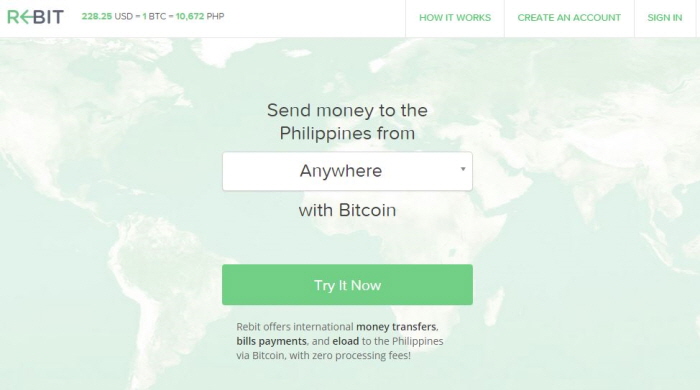Satoshi Citadel Industries, a fintech startup company building the ecosystem for Bitcoin in the Philippines, announced last week that its rebittance service Rebit.ph has entered into a partnership with ZipZap, a California-based global transaction network and mobile money transfer app. The partnership targets the $2 billion Canada-to-Philippines remittance market.
“We’re excited and proud to be working with the ZipZap team” said John Bailon, CEO of Satoshi Citadel Industries. “We believe this partnership is a perfect example of how Blockchain Technology can be used beneficially without any risks to the end user, who in this case are our fellow Filipinos in Canada. ZipZap provides a great service that we believe will greatly benefit our service and vice-versa.”
ZipZap raised $2.2M in Venture Capital funding last year and is expected to bring considerable innovations to the remittance industry by leveraging mobile technologies, digital payment solutions and traditional payment rails, to create a remittance app that is fast, easy, and cost-efficient.
Speaking to Bitcoin Magazine, Satoshi Citadel Industries CEO John Bailon explained:
“With partners like ZipZap, building the open remittance network on top of the blockchain is now a reality. Cost of remittances is a huge pain point (USD 2B huge) for a lot of my fellow countrymen, and that is what ultimately motivates us to bring a faster and cheaper service to market.”
As a result of this partnership, Filipinos in Canada will be enabled to use the ZipZap mobile app, connect it their bank account, and easily send money back to the Philippines using their smartphones without having to know anything about Bitcoin as a transfer mechanism.
“In a matter of minutes, we process the transaction at Rebit and cash in PHP is made available for the recipient through whatever payout method the remitter nominated,” Bailon added. “For both remitter and receiver, the bitcoin part is invisible, they don’t have to know how the funds were sent accross the network, what they know is that it’s a more convenient and cheaper way to send money back home."
Philippines startup Rebit.ph partners with ZipZap

rebit.ph mainpage screenshot
Tuesday, September 15, 2015 9:11 AM UTC
Editor's Picks
- Market Data
Most Popular


































